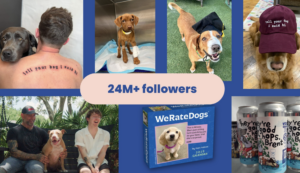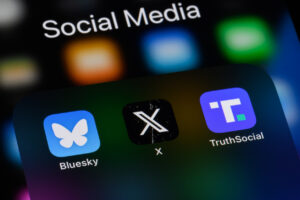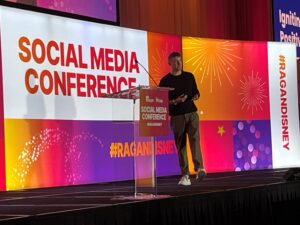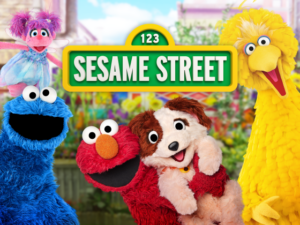What Meta’s ‘free speech’ moves mean for brands
This is what to start doing now.
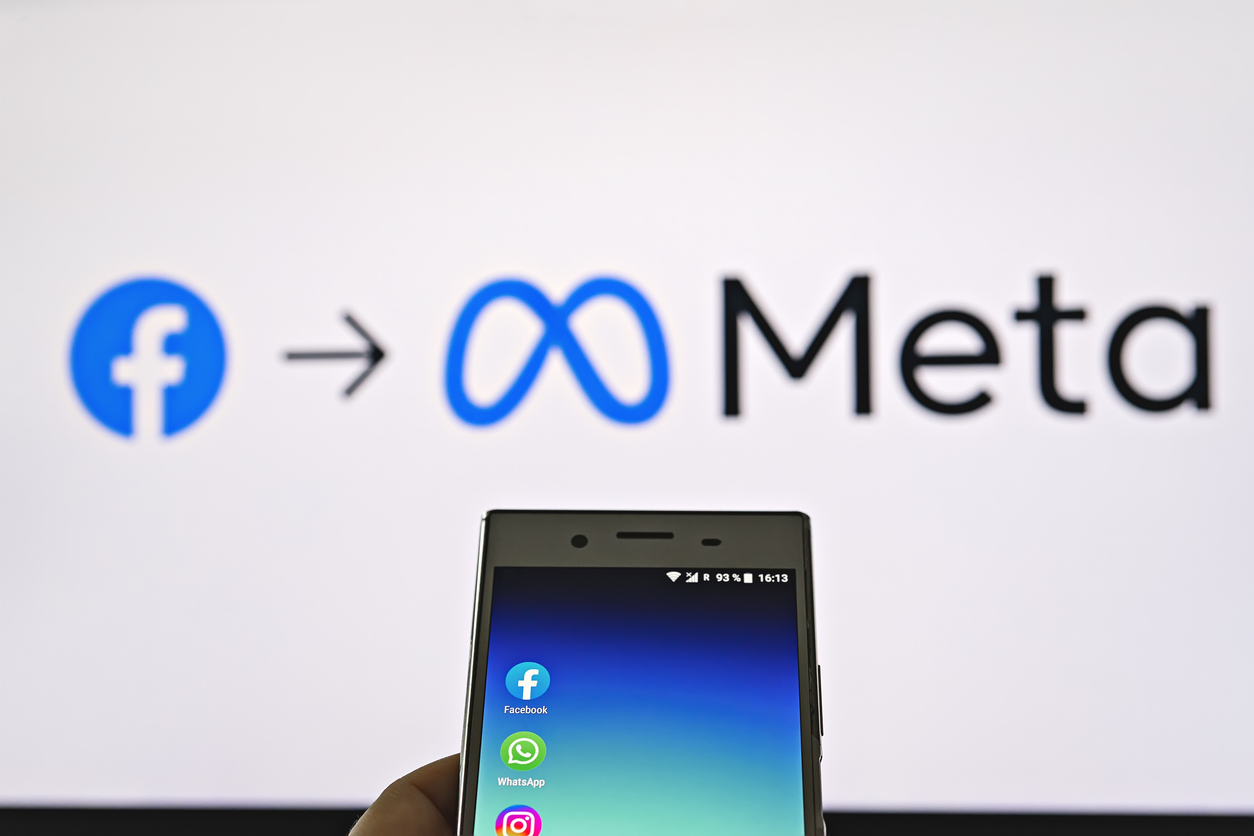
Meta is following in X’s footsteps.
The Elon Musk-owned platform was explicitly namechecked in an announcement from Joel Kaplan, Meta’s newly appointed chief public affairs officer with strong Republican ties, unveiling the end to Meta’s 8-year-old independent fact checking program. Meta claims that the program focused on “too much content being fact checked that people would understand to be legitimate political speech and debate,” which in turn caused what it now deems censorial consequences.
In its place is a program explicitly inspired by X’s Community Notes.
“We’ve seen this approach work on X – where they empower their community to decide when posts are potentially misleading and need more context, and people across a diverse range of perspectives decide what sort of context is helpful for other users to see,” Kaplan writes. “We think this could be a better way of achieving our original intention of providing people with information about what they’re seeing – and one that’s less prone to bias.”
Throughout, these changes are couched in the language of free speech long favored by conservatives when it comes to controversial speech on social platforms. Kaplan phrases it as a “return to that fundamental commitment to free expression.”
But all of these changes can have consequences for the brands that rely on the Meta family of platforms for both organic and paid social activity. Since X’s ownership change and its own loosening on moderation rules and implementation of Community Notes, brand trust has plummeted, and many have fled. As of September 2024, only 4% of marketers believed the platform provided brand safety. The brand has also seen revenue tumble 40% year-over-year.
Will Meta see similar response? Meta’s stock price has declined since the news was announced, falling from a recent peak of $630.20 the day before the news was announced and currently sitting at $610.72.
“The primary risk is the erosion of user trust and Meta’s reputation due to shifting content moderation policies,” said Jonathan N Bertrand, founder of the Social Media Research Institute. “If Meta platform’s Community Notes are seen by users as a way to skirt Meta’s Terms of Service or to allow Meta not to address harmful content, brands may find themselves next to disinformation, hate speech or inappropriate content. If Meta’s policies are unclear or inconsistently enforced, it will make brands more vulnerable to public backlash.”
Jennifer Magas, an assistant professor in the Department of Communications, Media, and the Arts at Nova Southeastern University, likens Community Notes to handing a microphone to raucous karaoke crowd.
“Imagine you’re Coca-Cola, and a user posts that your soda is laced with something absurd like ‘compounded cocaine.’ Without robust fact-checking, this wild claim could go viral before you even uncork your PR strategy,” Magas said. “Brands like Nike, which rely on trust and heritage, could see their reputations dented by unchecked conspiracy theories. It’s not just a risk; it’s a high-stakes game of digital dodgeball.”
Both Magas and Bertrand agree that the shift to Community Notes is likely to increase the amount of mis- and disinformation swirling around Meta’s massive platforms, noting that while Kaplan touts the system as a way to remove bias, the system allows bad actors of all stripes, from the state-affiliated to political operatives to bored trolls, the ability to manipulate the truth.
What to do now
The whole social media world is currently in upheaval. TikTok could disappear from the United States in less than two weeks; the world of microblogging is still searching for a successor to Twitter; and now the usually dull and reliable Meta is unveiling sweeping changes.
Things are going to get interesting.
Bertrand says this is the time to step up your game and go on high alert. He recommends these steps:
- Monitor evolving policies closely to anticipate risks.
- Develop crisis management plans to quickly address potential brand missteps tied to platform changes.
- Advocate for proactive engagement, such as educating audiences about a brand’s commitment to ethical practices and digital responsibility.
- Diversify platform presence to avoid over-reliance on any single ecosystem, especially one increasingly seen as volatile.
- Prioritize thought leadership on issues like social media harm reduction, aligning their brands with solutions rather than contributors to the problem.
Magas notes that we’re returning to a “Wild West” state in social media.
“Focus on building your own ‘trust fortress’ with clear, authentic messaging, and remember: the truth is your best defense in a world leaning toward sensationalism. Stay sharp, stay real, and stay ready to pivot!”
To explore more of the impact of these changes, join us at Ragan’s Social Media Conference in Walt Disney World, March 19-21.
Allison Carter is editorial director of PR Daily and Ragan.com. Follow her on LinkedIn.



